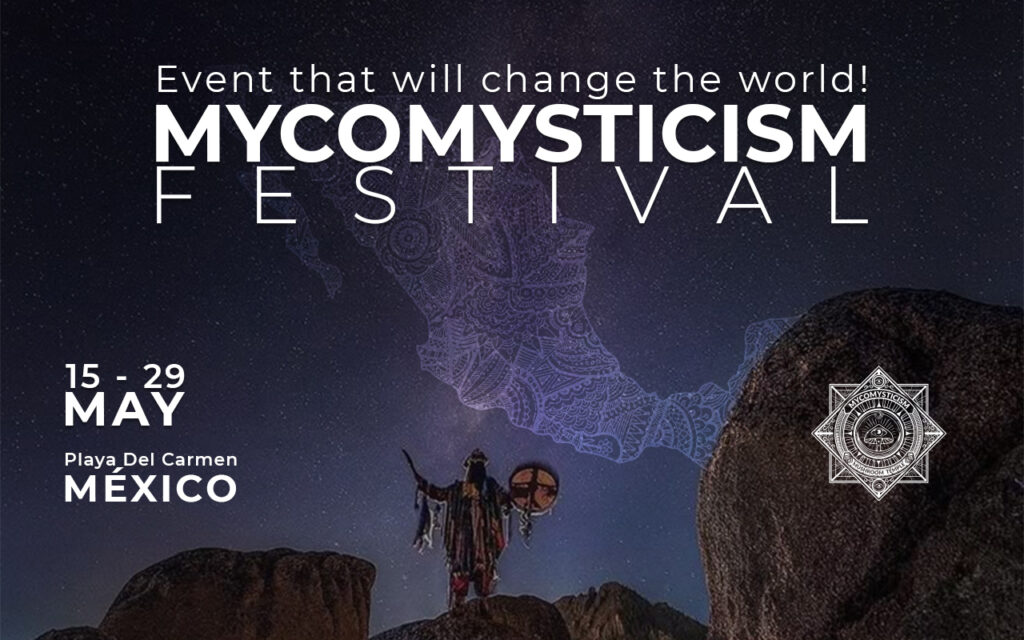Overcoming protracted depressions
Overcoming protracted depression with Psilocybin Mushrooms
Depression, particularly in its chronic and treatment-resistant forms, remains one of the most challenging mental health conditions. While conventional treatments like antidepressants and therapy don’t always provide lasting relief, an alternative approach combining ancient wisdom with modern science is showing remarkable promise: psilocybin mushrooms.
The science behind Psilocybin’s antidepressant effects
Psilocybin, the active compound in psychedelic mushrooms, works differently from traditional antidepressants. Here’s what makes it unique:
- Rapid action: Unlike daily antidepressants that take weeks to show effects, psilocybin can produce significant improvements after just one or two guided sessions.
- Serotonin interaction: It targets specific serotonin receptors (5-HT2A) crucial for mood regulation.
- Neural reset: Studies from leading institutions show it disrupts rigid negative thought patterns.
- Default mode network (DMN): Psilocybin quiets the brain’s DMN, reducing excessive self-reflection and rumination common in depression.
The Mycomysticism approach: healing beyond science
While neuroscience explains the physiological mechanisms of psilocybin, Mycomysticism provides a deeper, holistic perspective. This approach sees psilocybin mushrooms not only as chemical agents but as sacred tools for inner transformation. Mycomysticism emphasizes:
- Spiritual insights: Psilocybin often induces mystical experiences that give individuals a renewed sense of meaning and purpose.
- Universal connection: Many report feeling deeply interconnected with nature, others, and the universe, counteracting the isolation often experienced in depression.
- Emotional release: By dissolving emotional barriers, psilocybin enables individuals to confront and process long-buried emotions.
- Perspective shifts: Users frequently gain profound insights into their life challenges, helping them break free from negative cycles.
Breaking depression’s cycle with Psilocybin
- Neuroplasticity and emotional resilience
Psilocybin stimulates the growth of new neural connections, helping the brain develop healthier thought patterns and emotional flexibility. - Processing suppressed emotions
Under psilocybin’s influence, repressed emotions become accessible, allowing for deep psychological healing and release. - Transforming perspective
Users often report:- A broader, more optimistic view of life
- Reduced self-centered distress and rumination
- A heightened sense of meaning and connection to others
Essential components for healing
Set and setting
The therapeutic potential of psilocybin depends greatly on the set (mindset) and setting (environment):
- A safe, comfortable, and controlled space
- Experienced guidance from facilitators or therapists
- Proper preparation and mental readiness
- Clearly defined intentions for the experience
Integration practices
The experience itself is only part of the journey—what follows is equally important. Integration helps translate insights into lasting change:
- Meditation: Reinforces emotional balance and self-awareness
- Journaling: Captures insights for continued reflection
- Therapeutic Support: Helps process the experience in a structured way
- Community Connection: Engaging with others who understand the journey fosters support and continued growth
The future of Mental Health Treatment
Research continues to validate psilocybin’s potential in treating depression. This natural medicine offers a unique combination of:
- Rapid symptom relief
- Long-lasting effects
- Deep emotional processing
- Neurological healing
By bridging ancient Mycomysticism with modern neuroscience, psilocybin mushrooms represent a groundbreaking tool for mental health treatment. We offer hope for those struggling with persistent depression, guiding individuals toward profound healing, resilience, and inner transformation.





